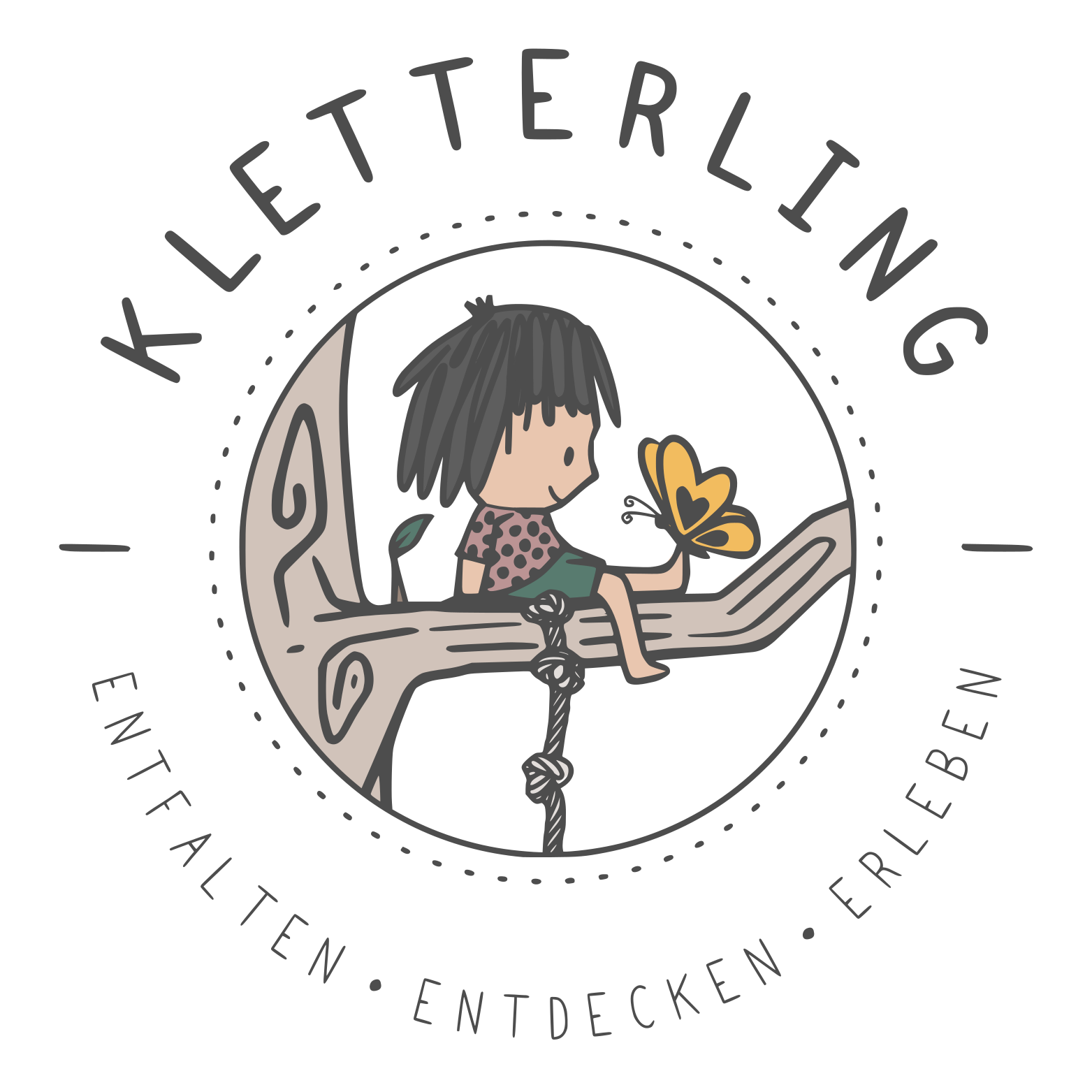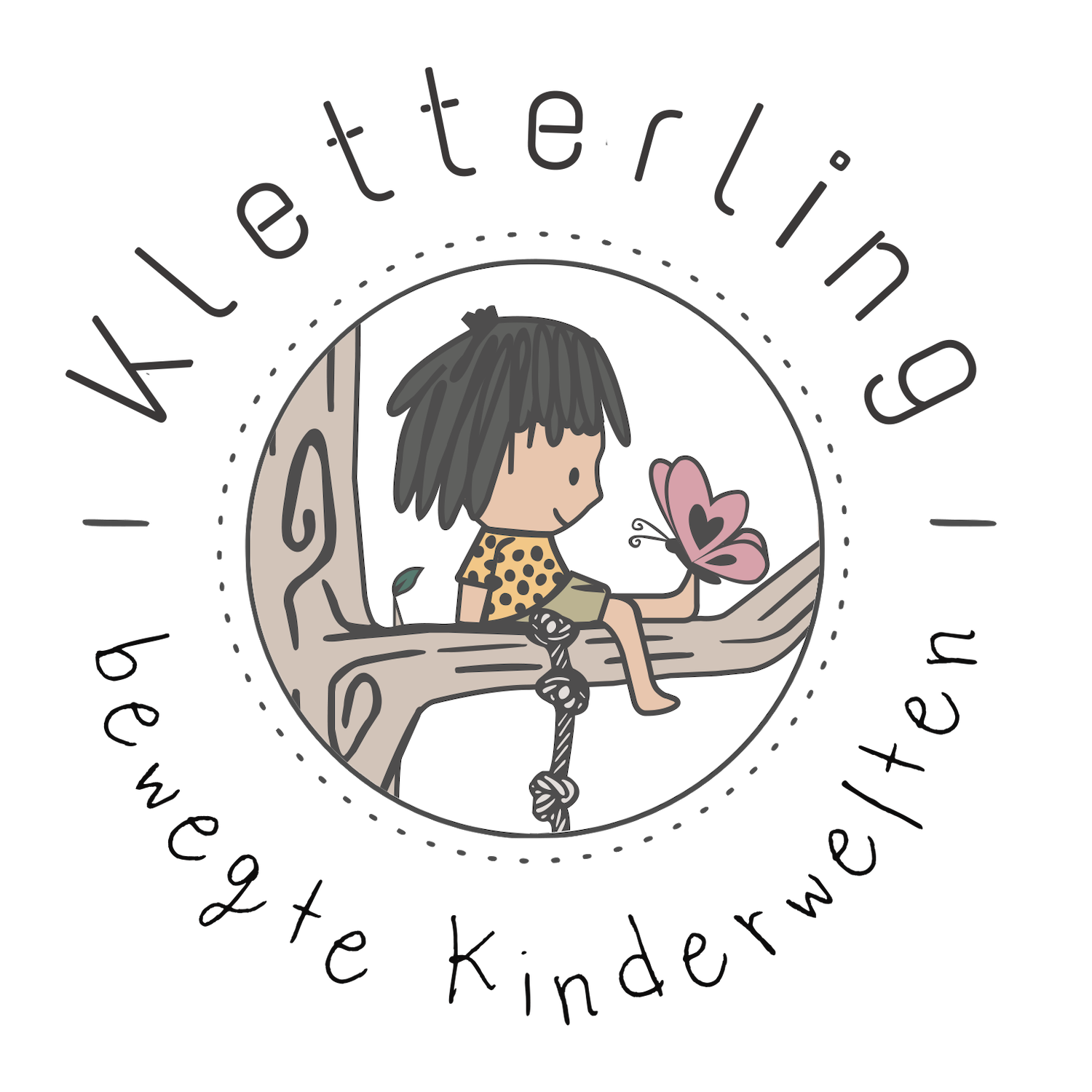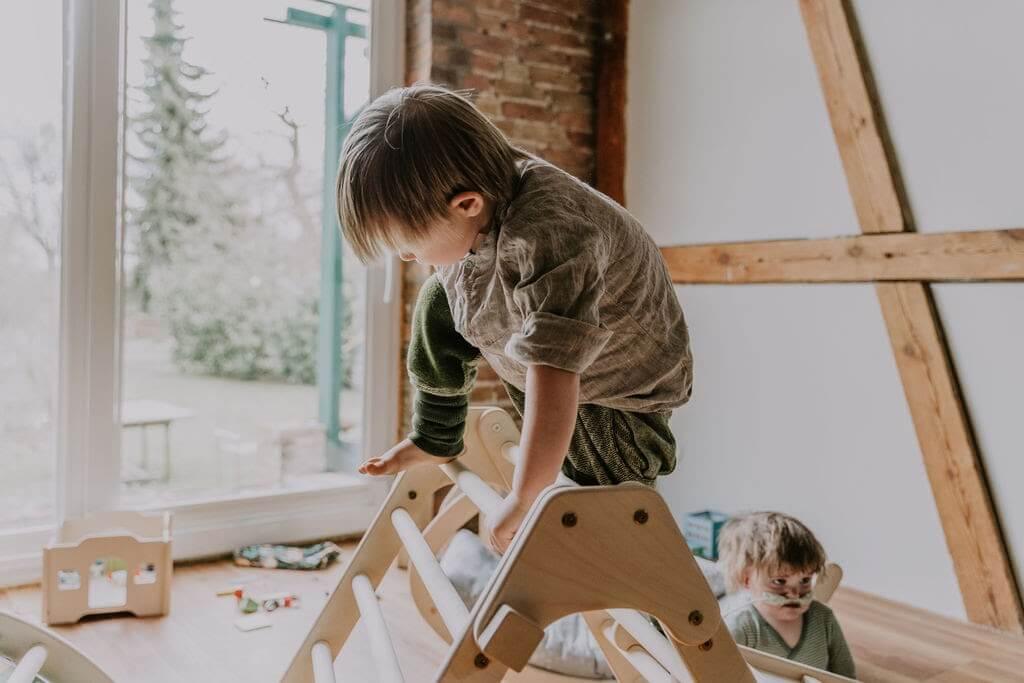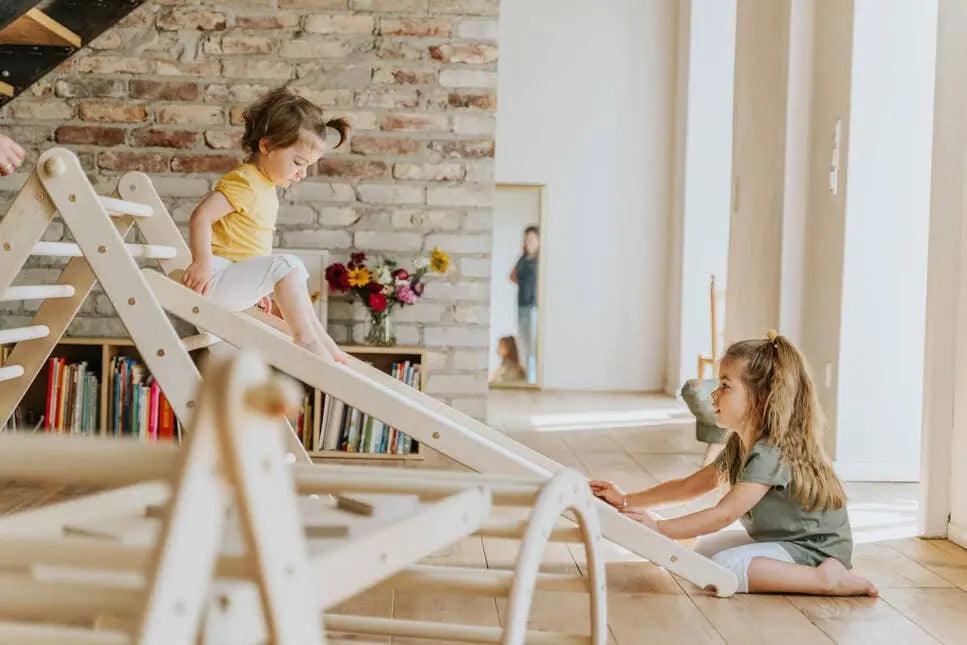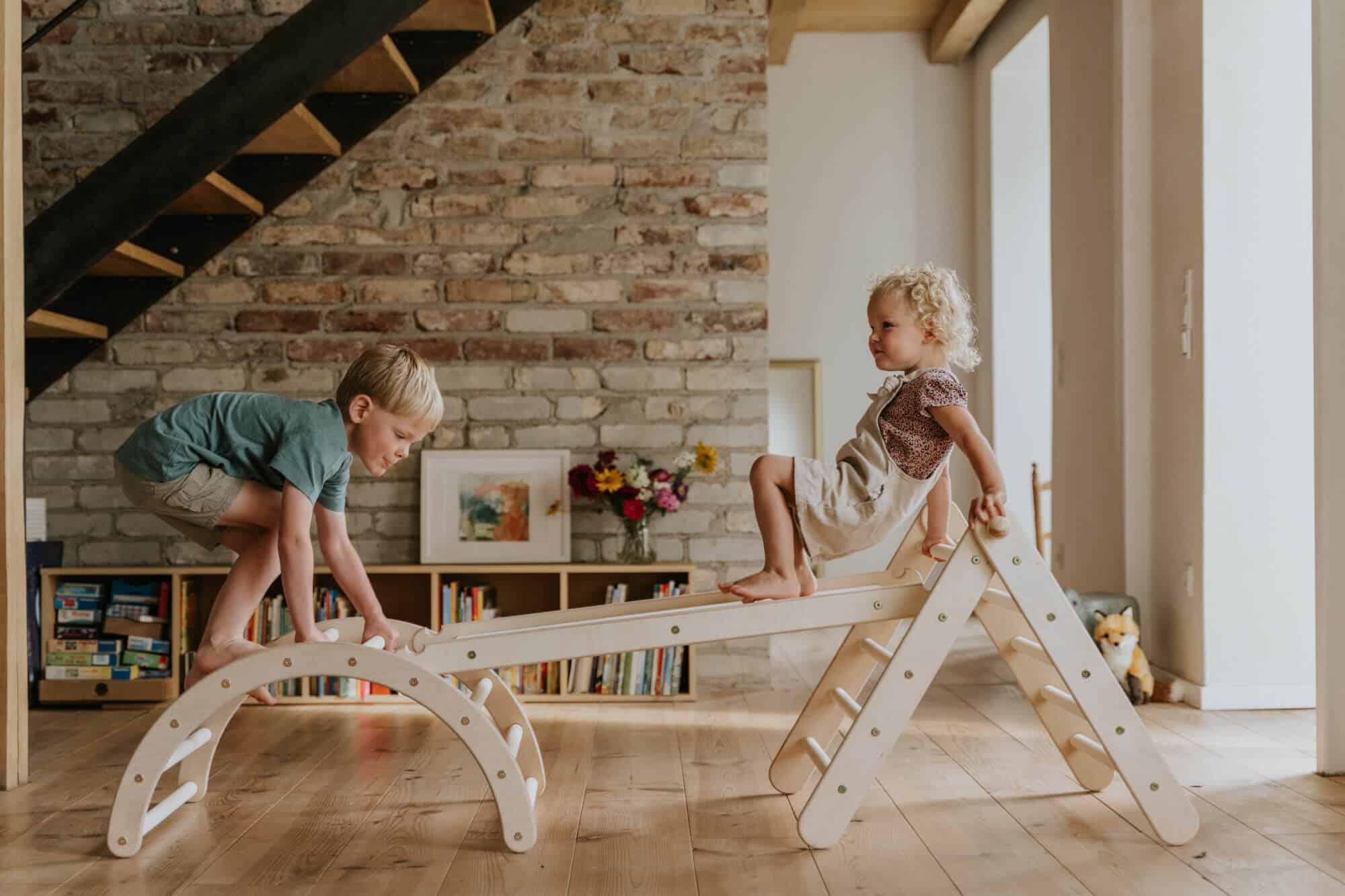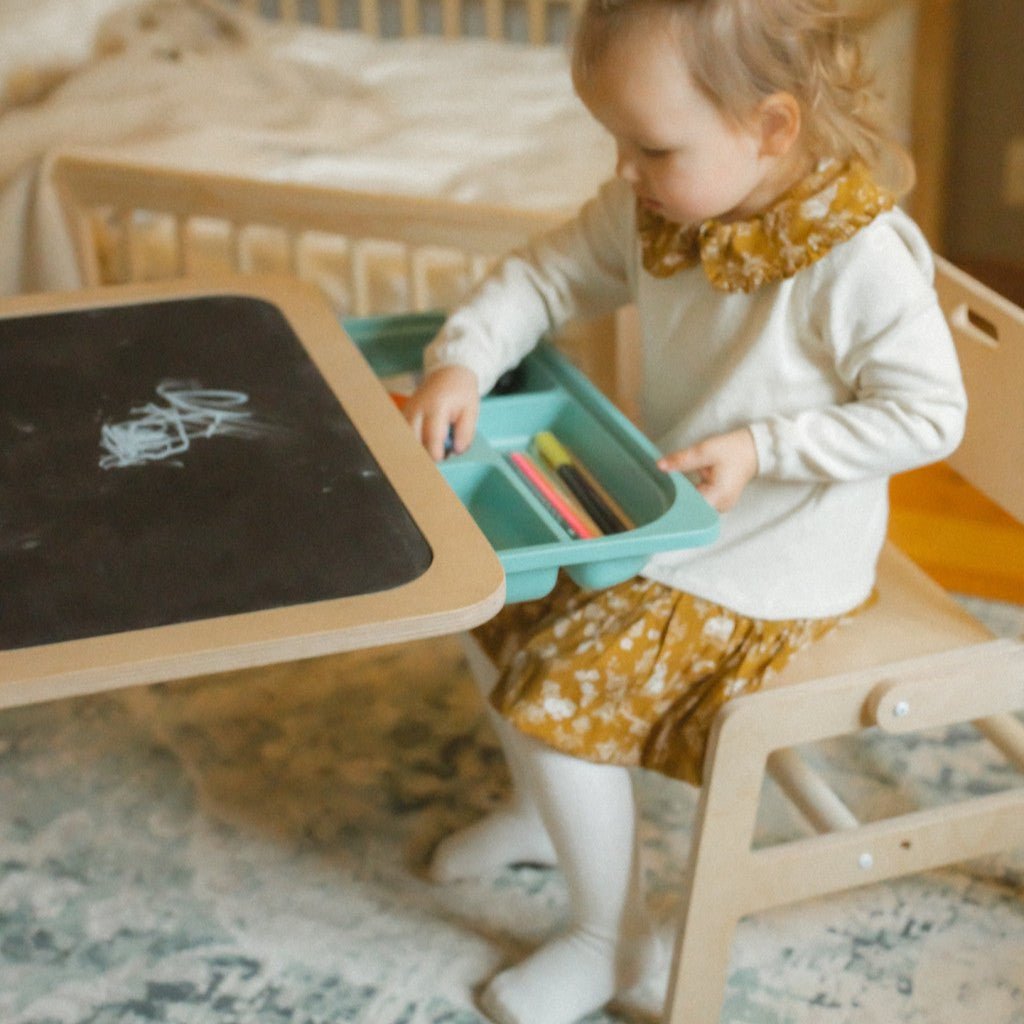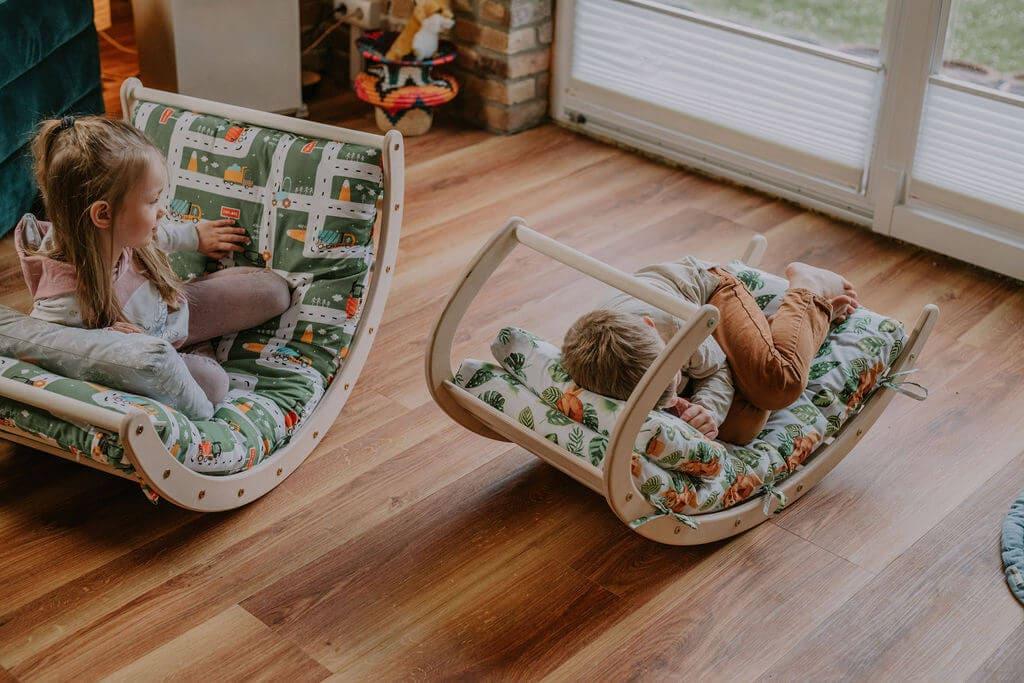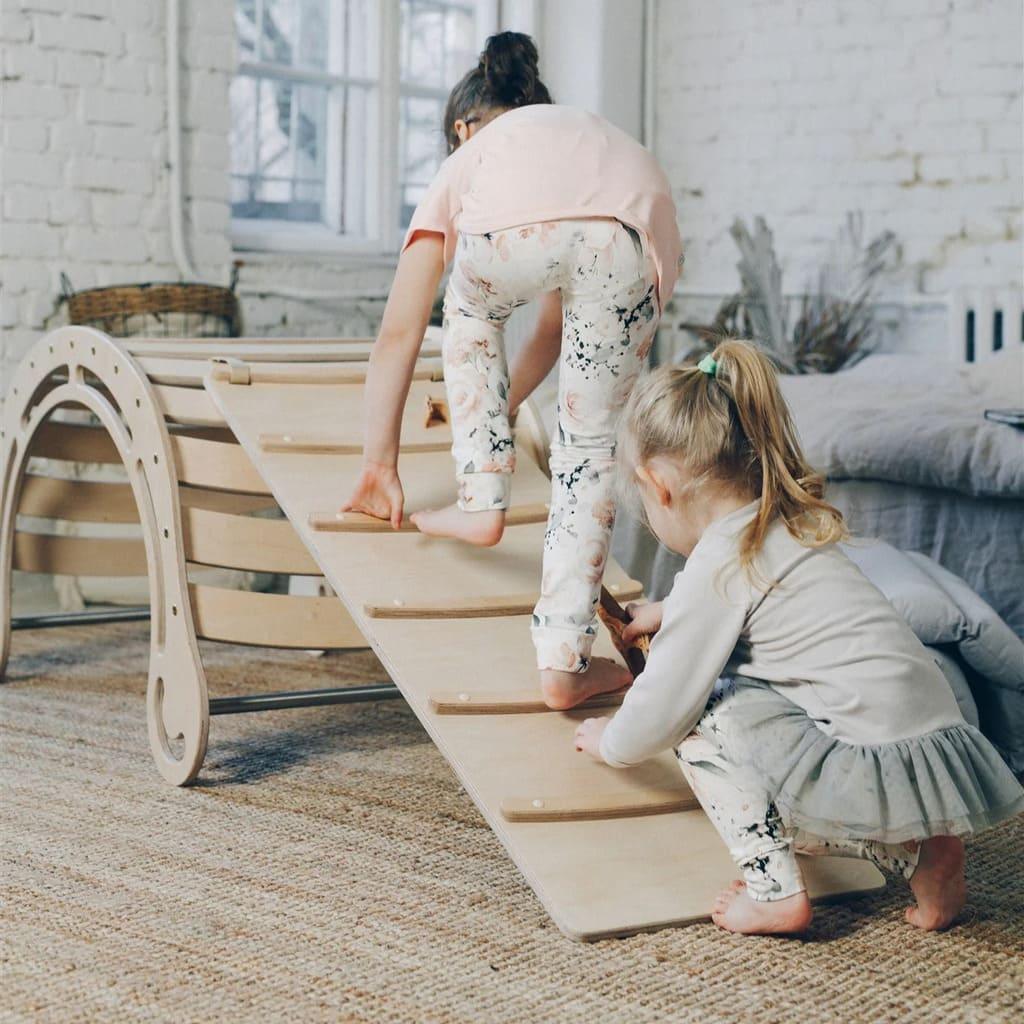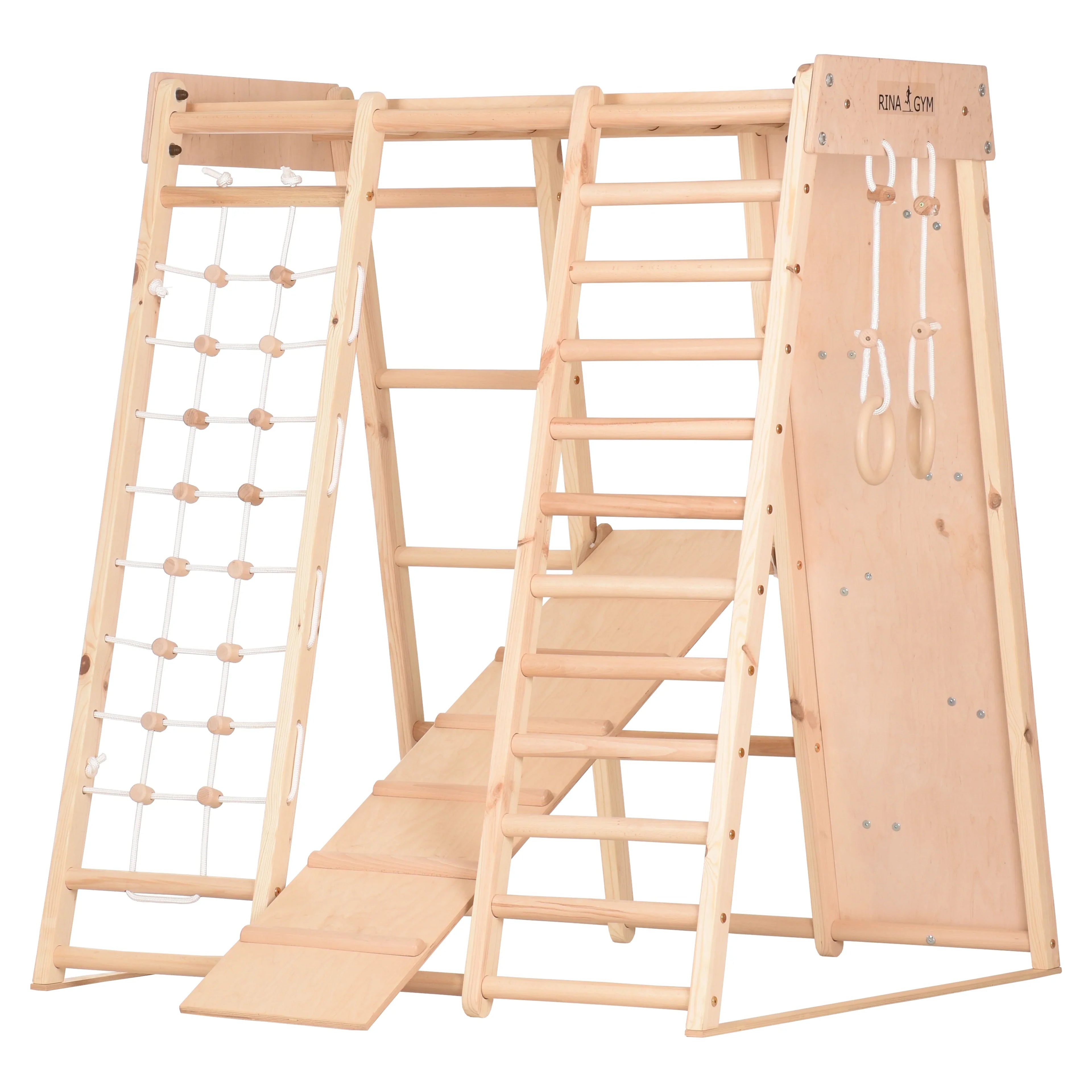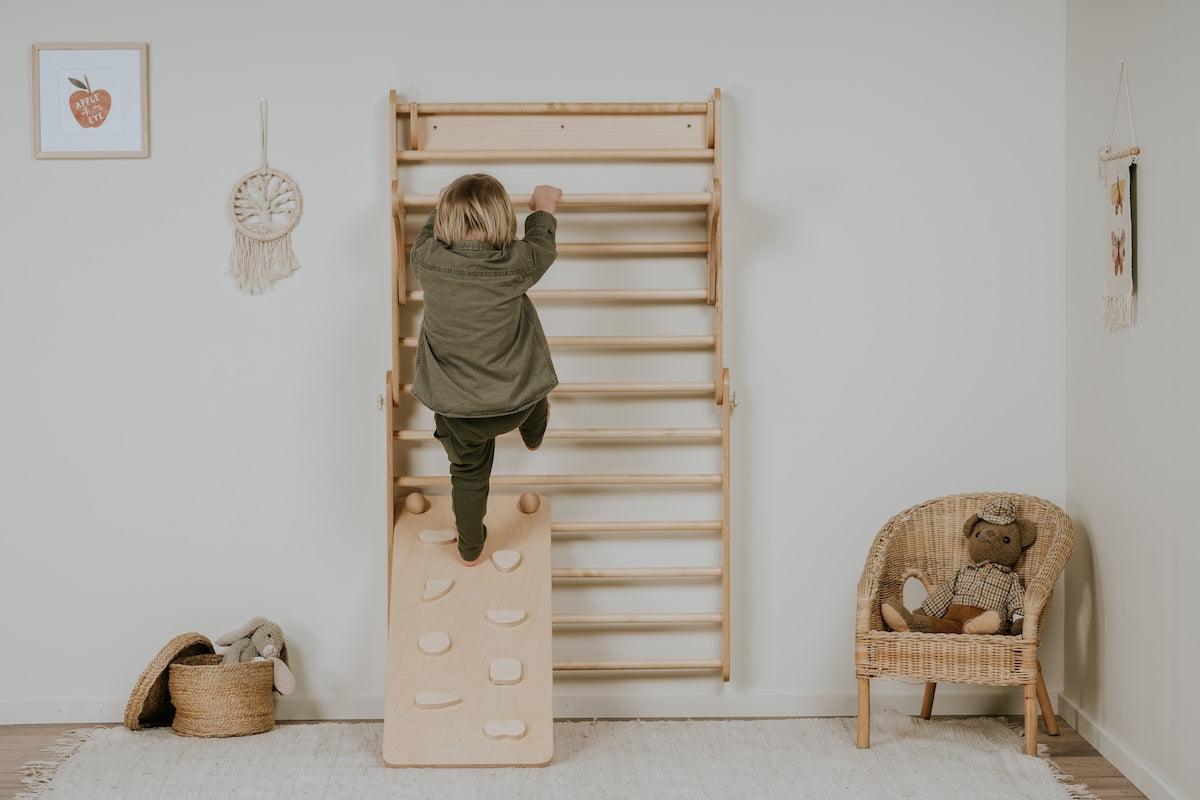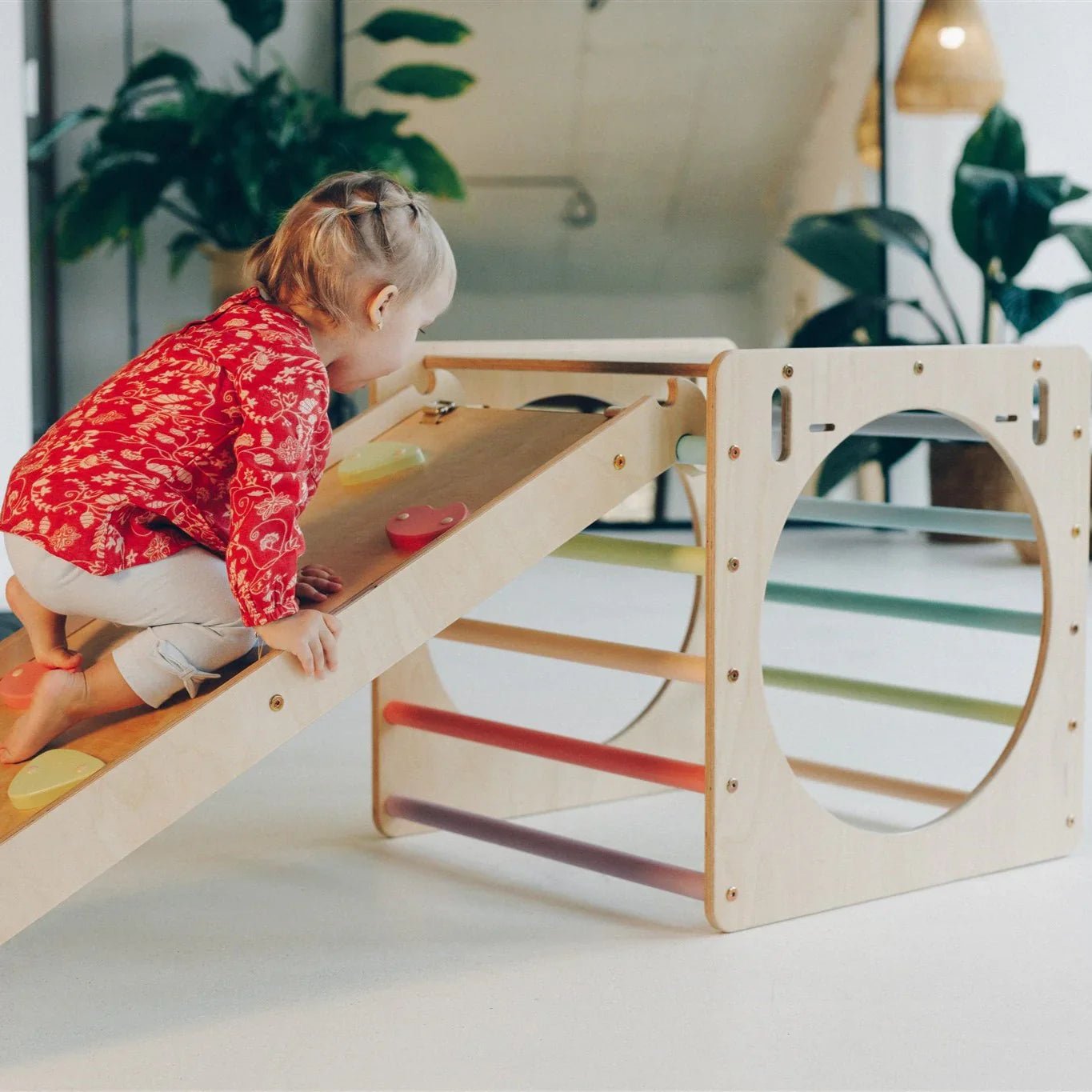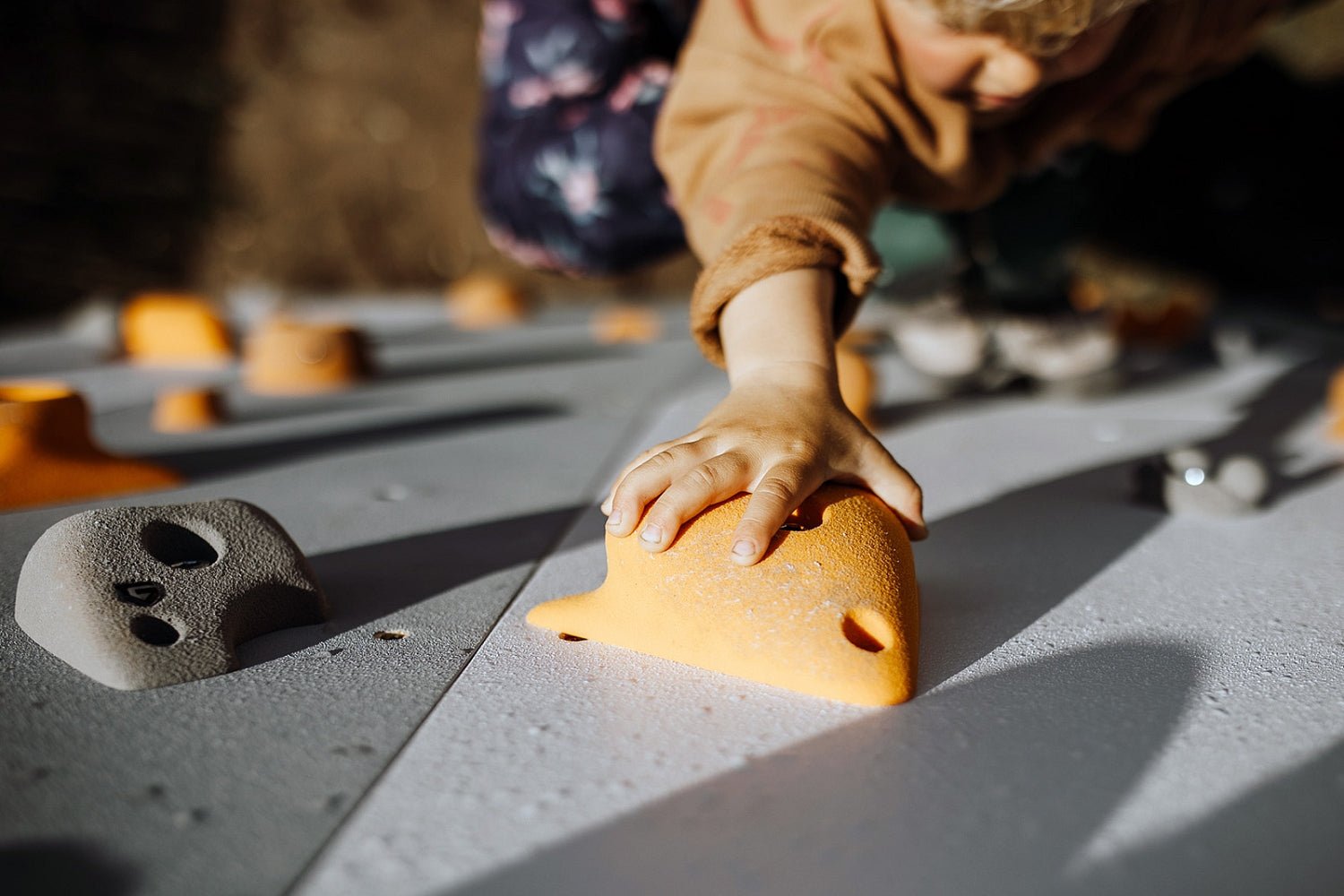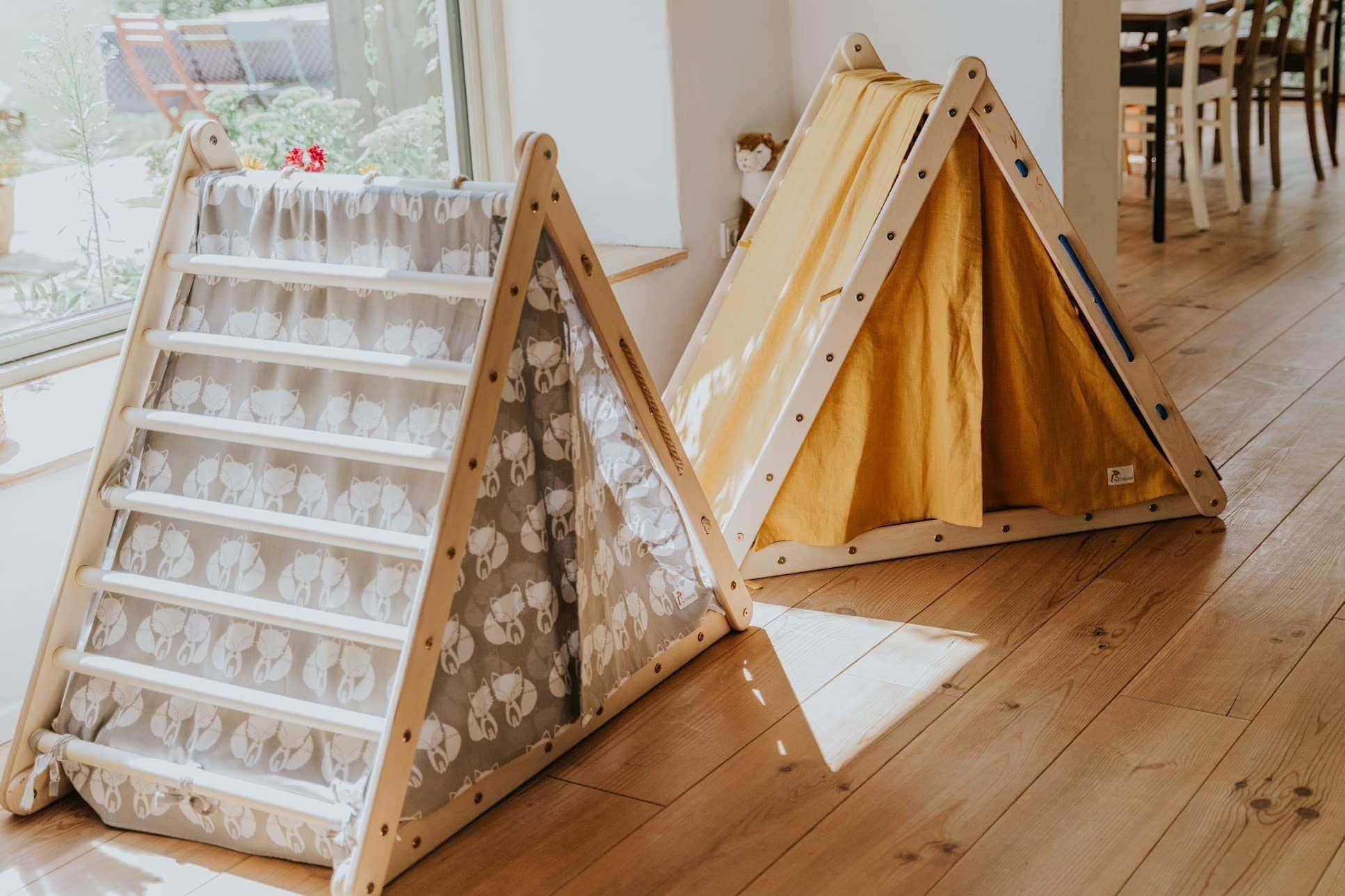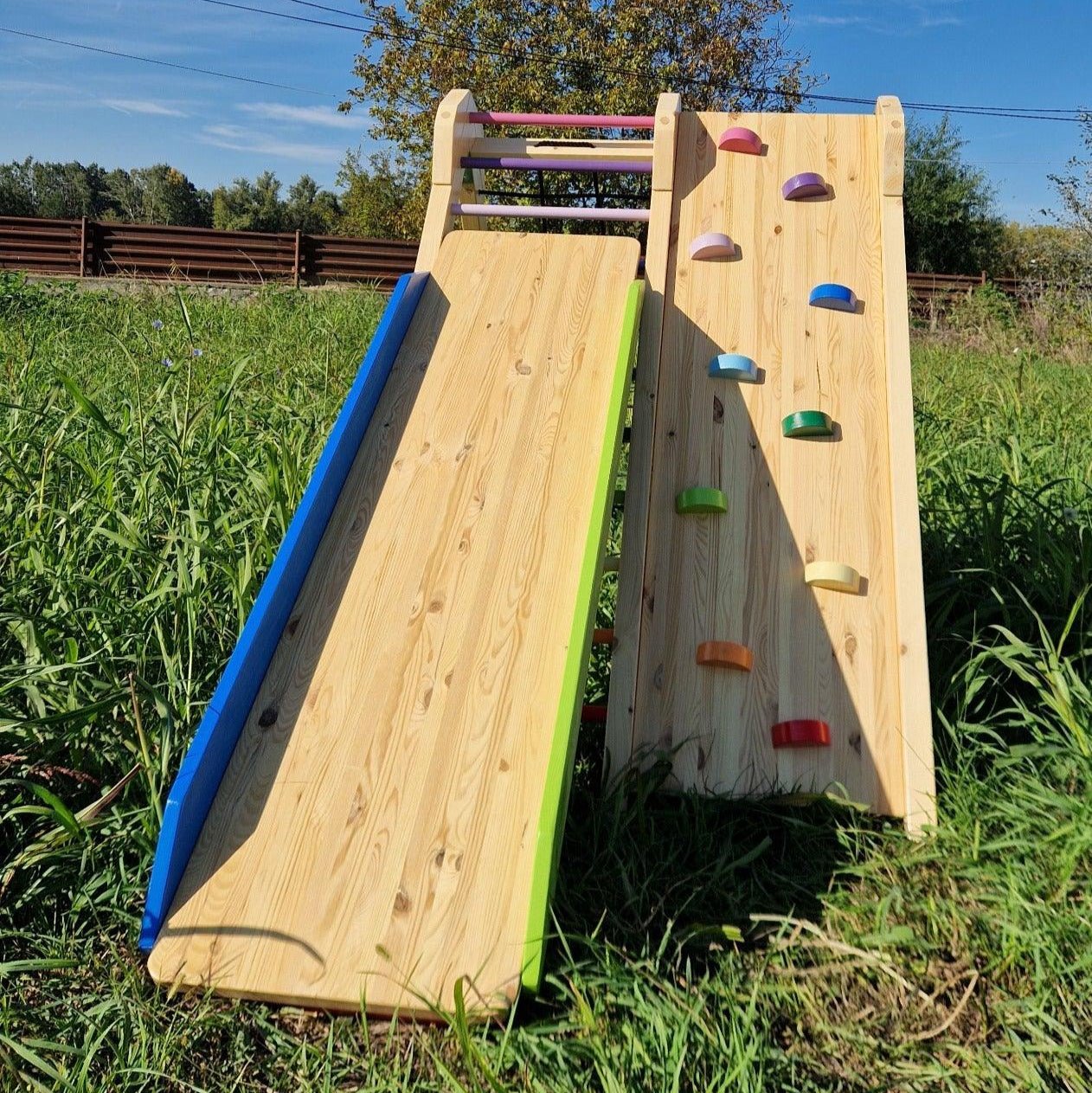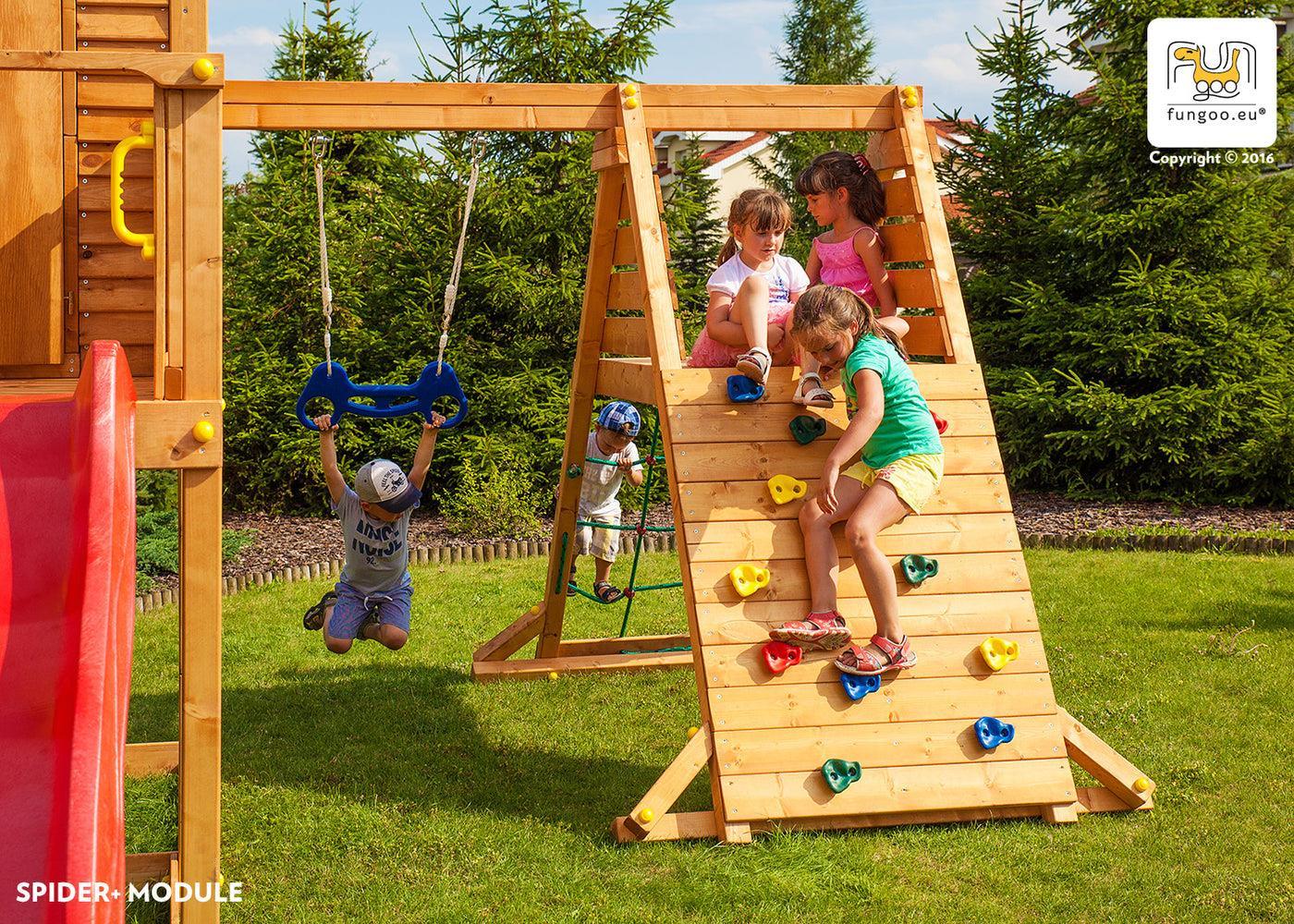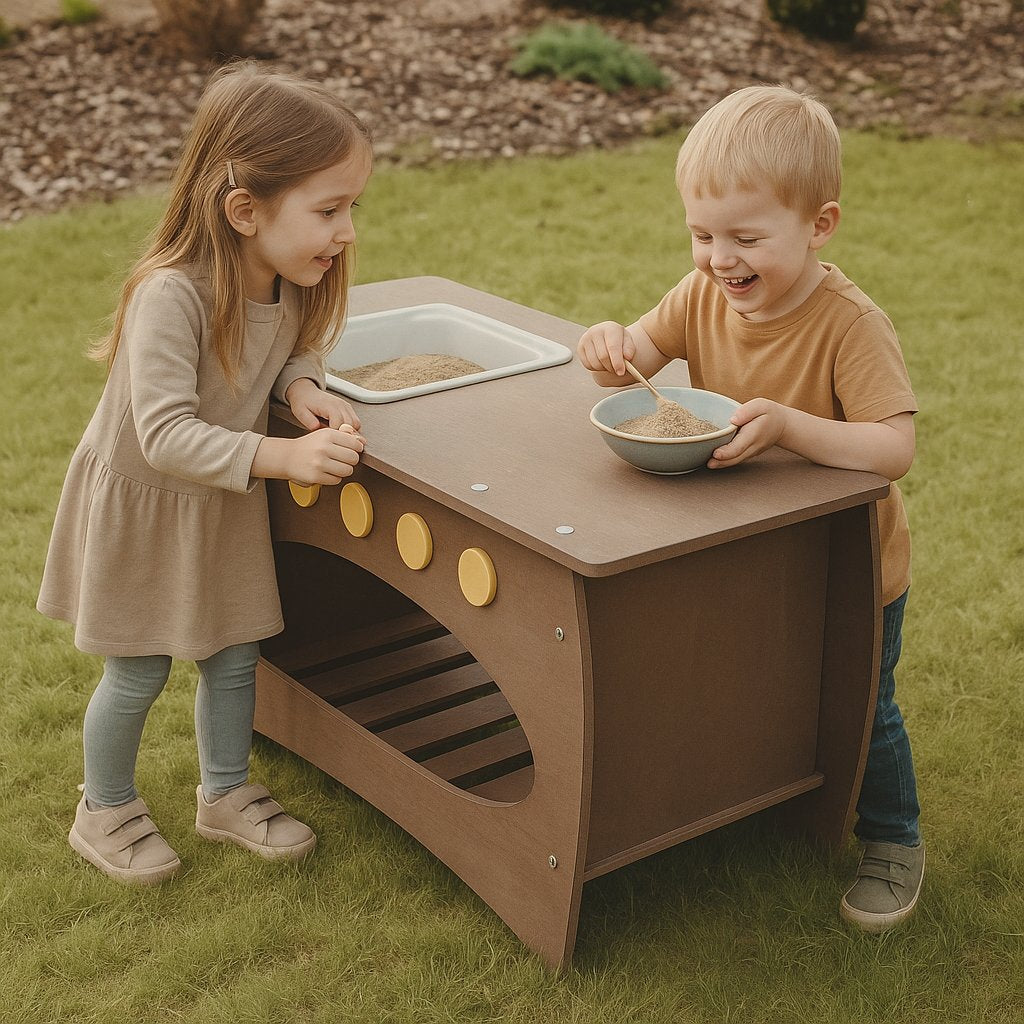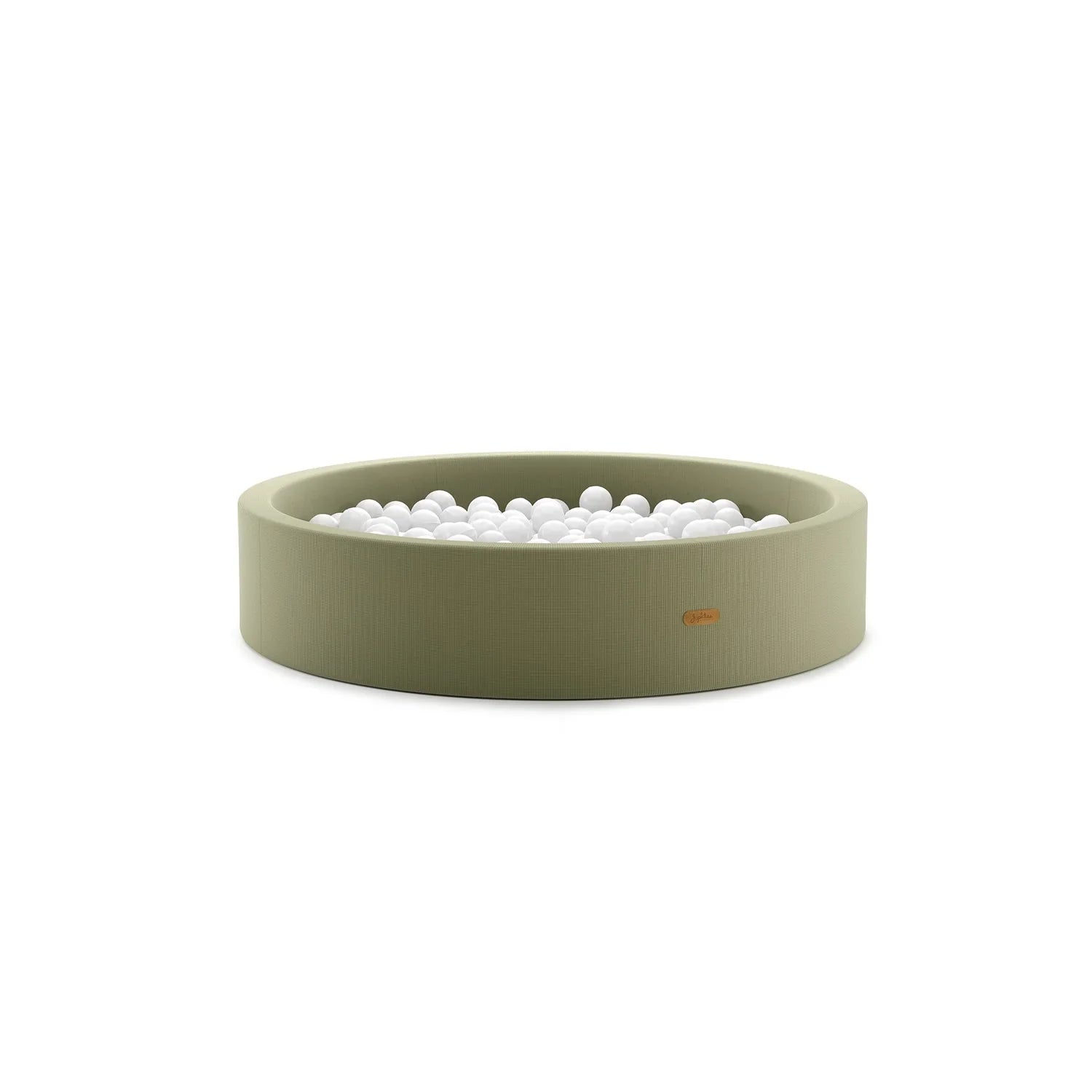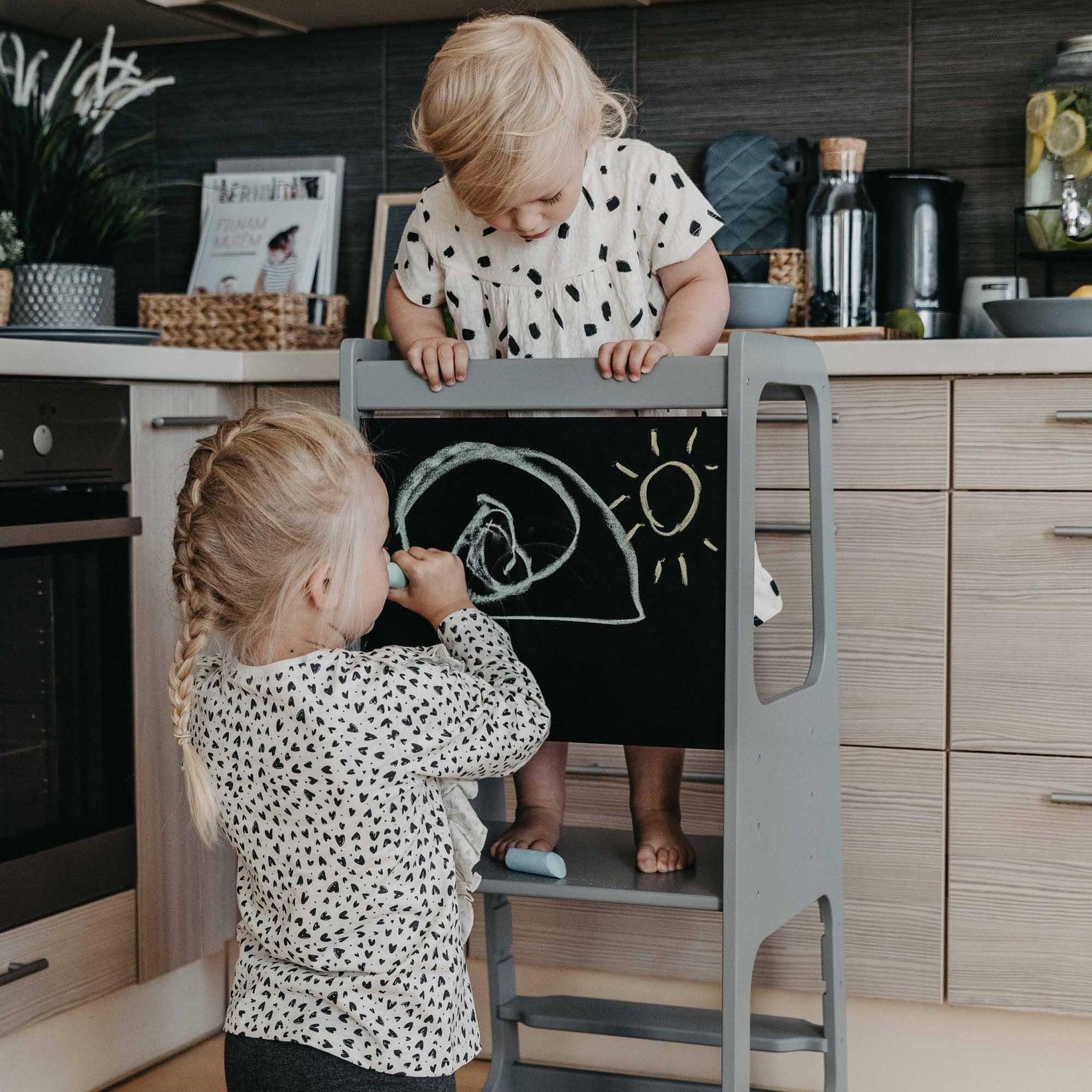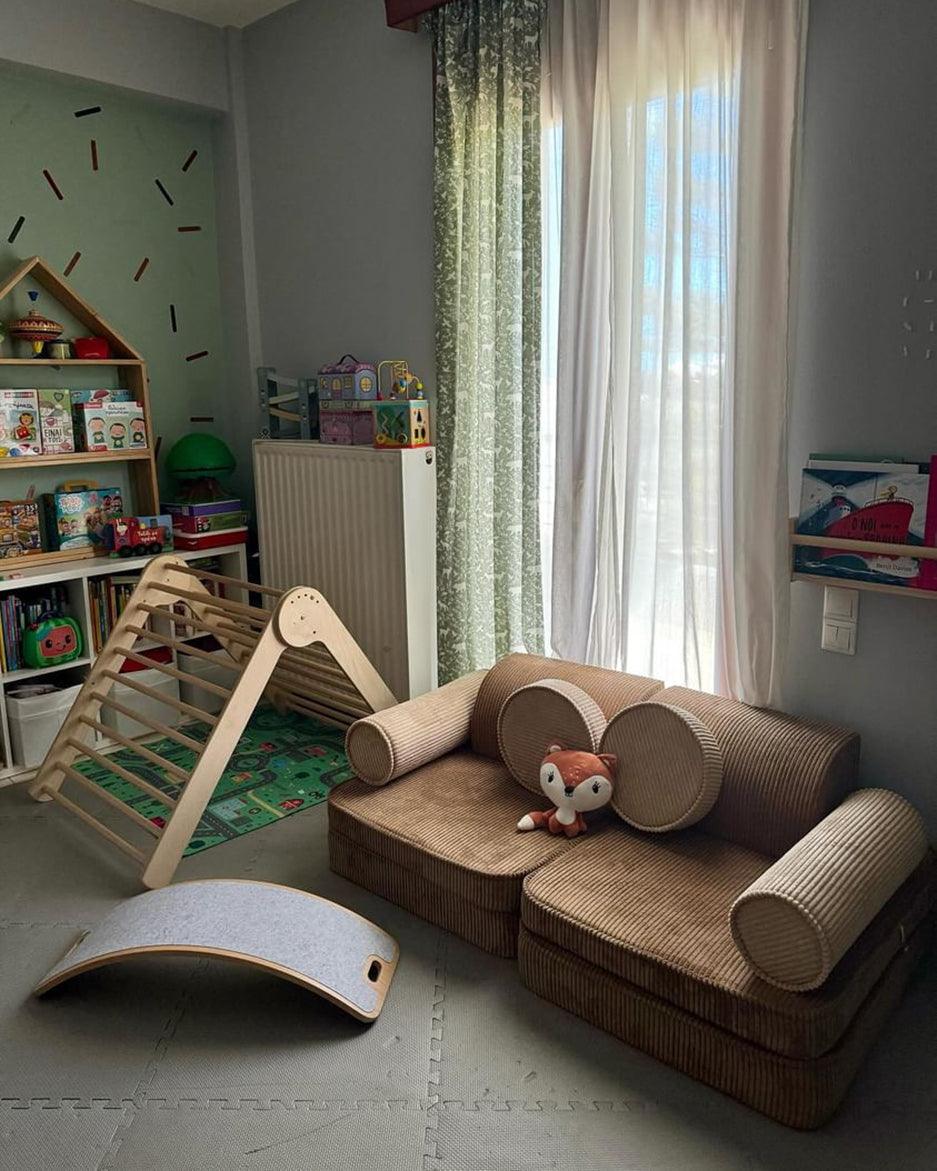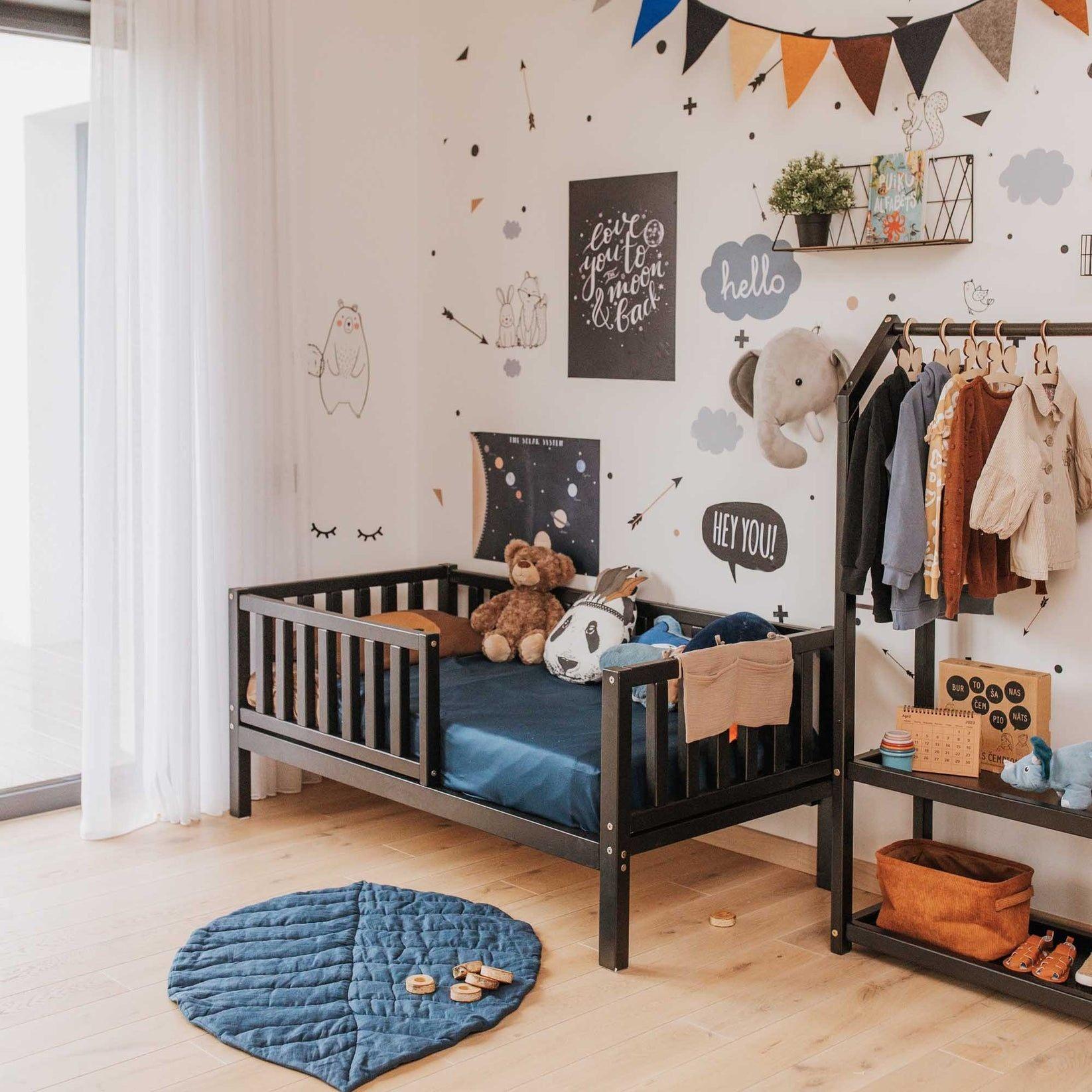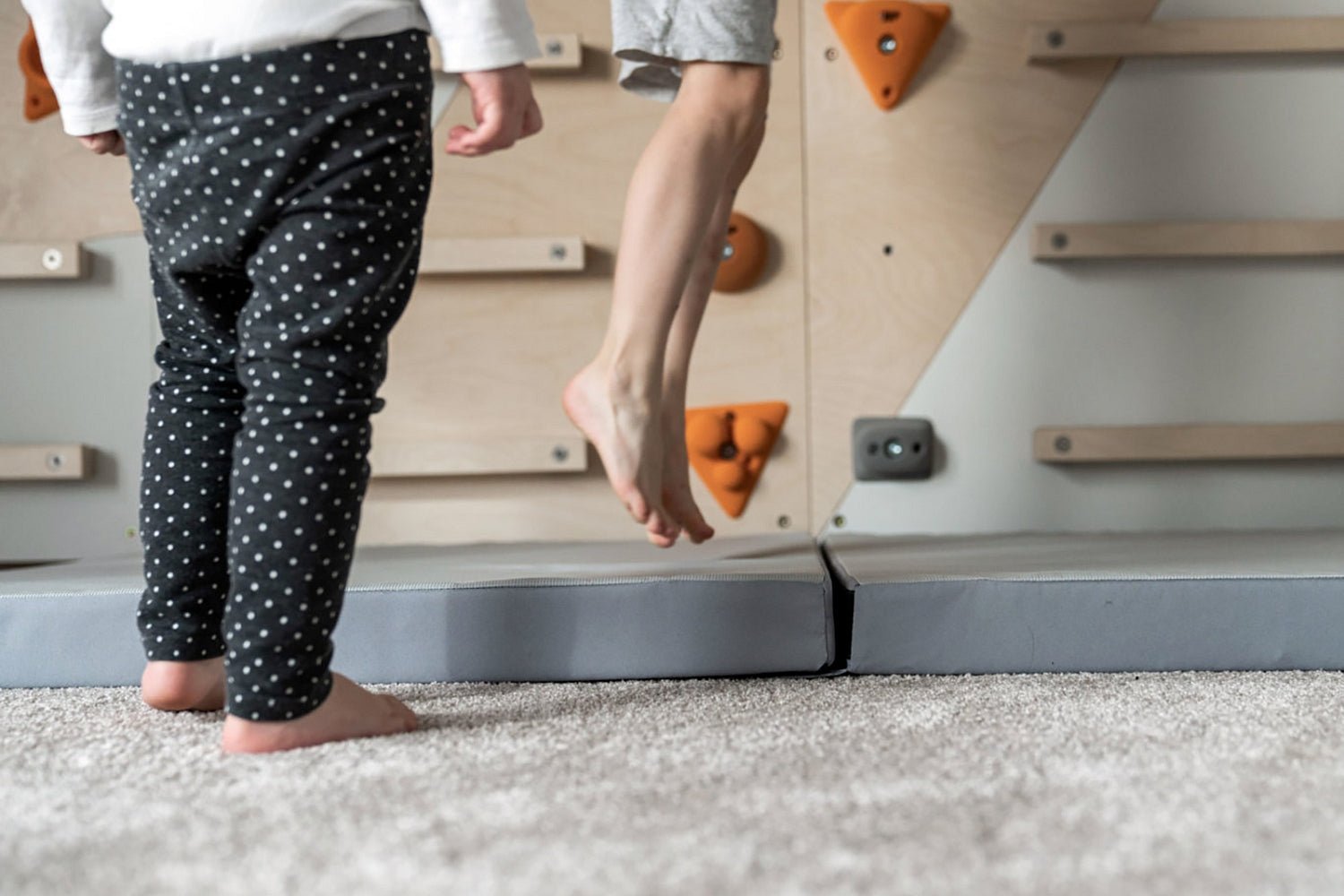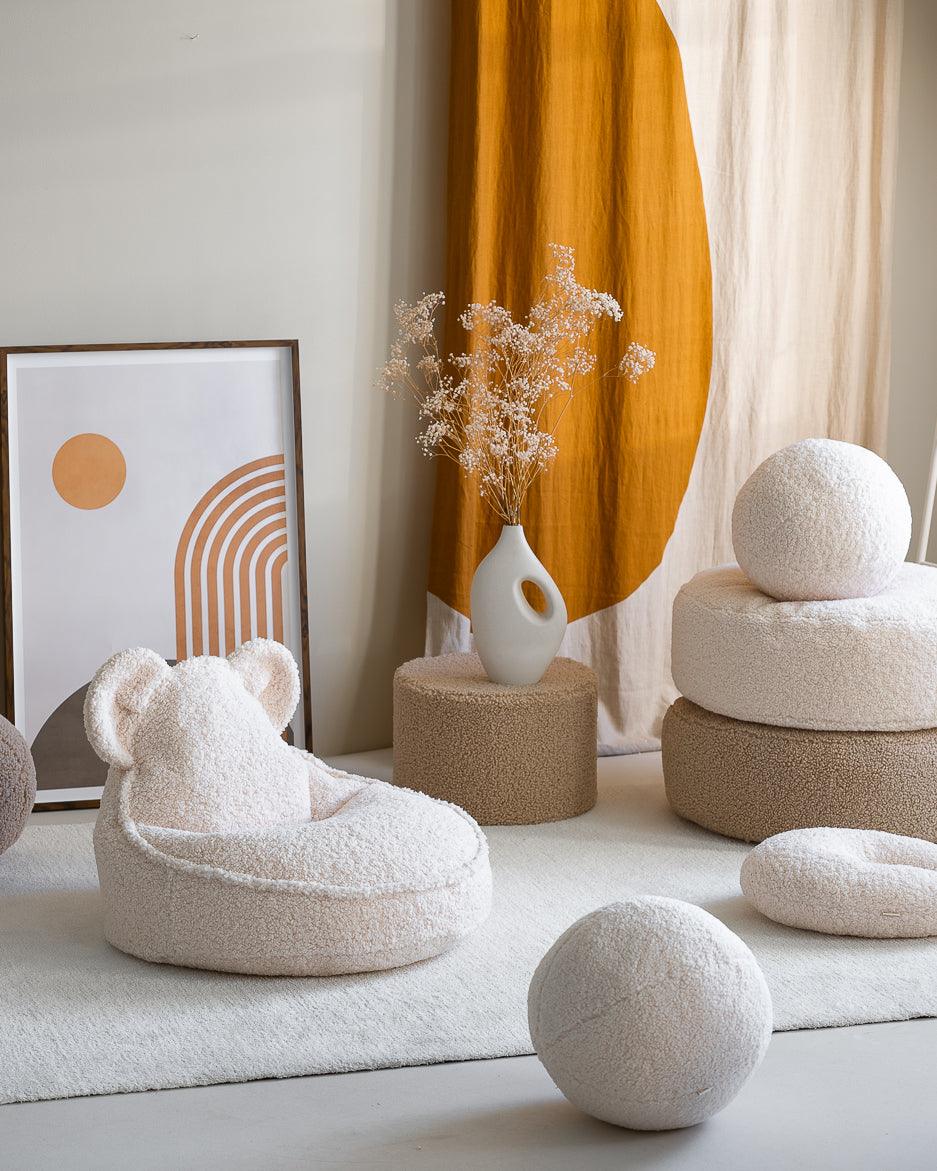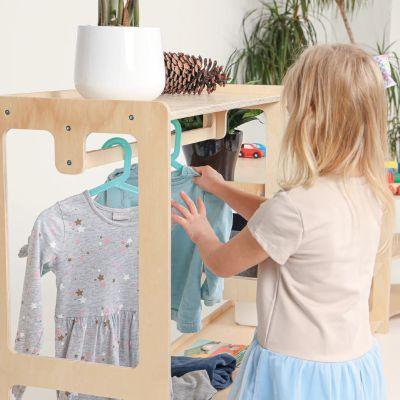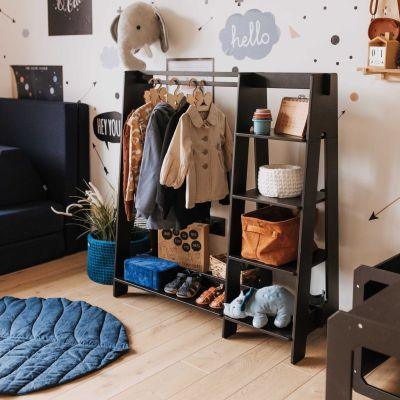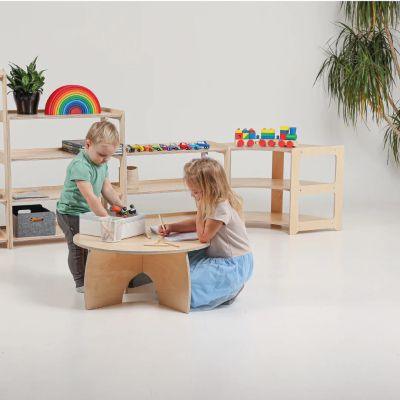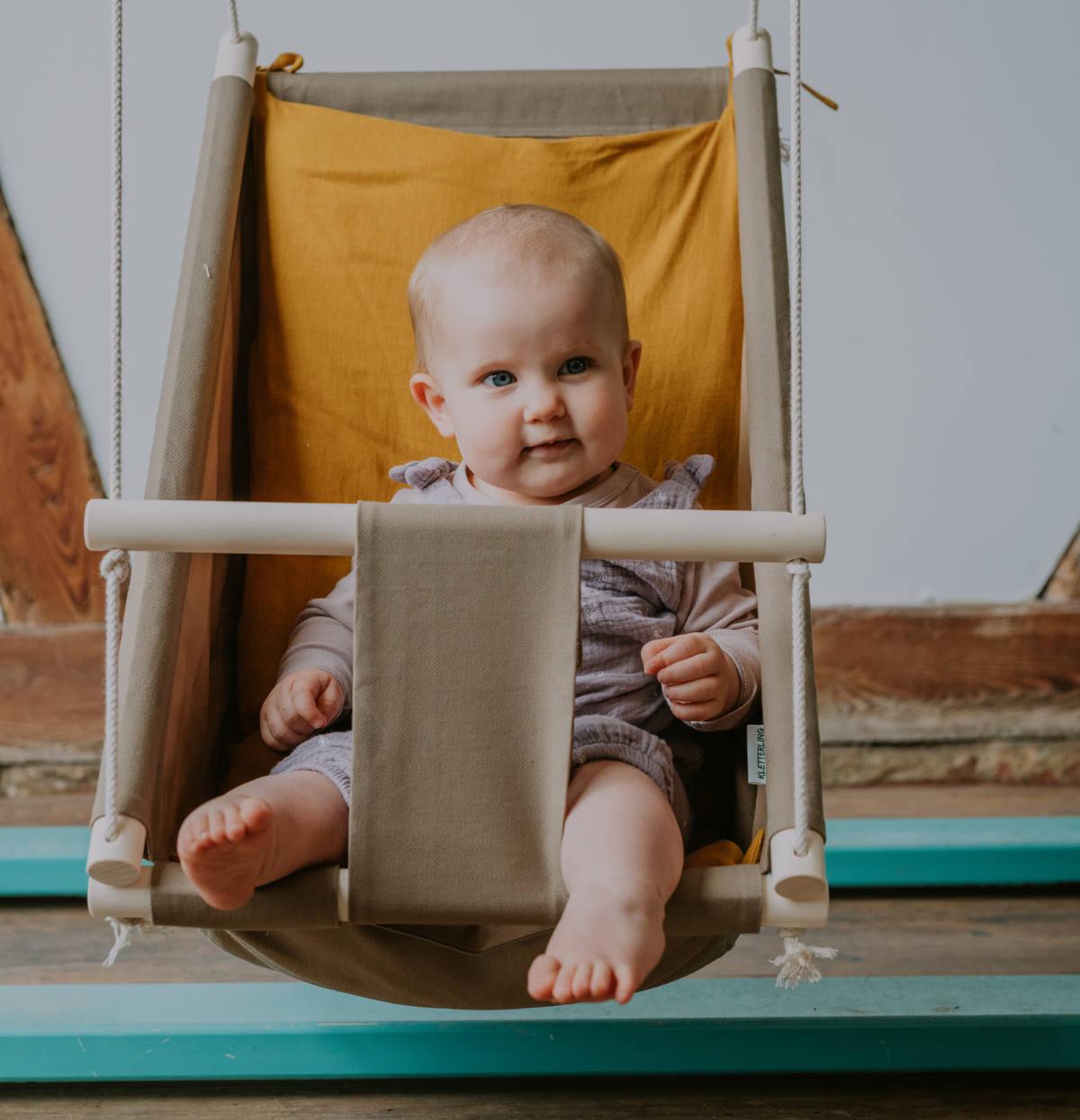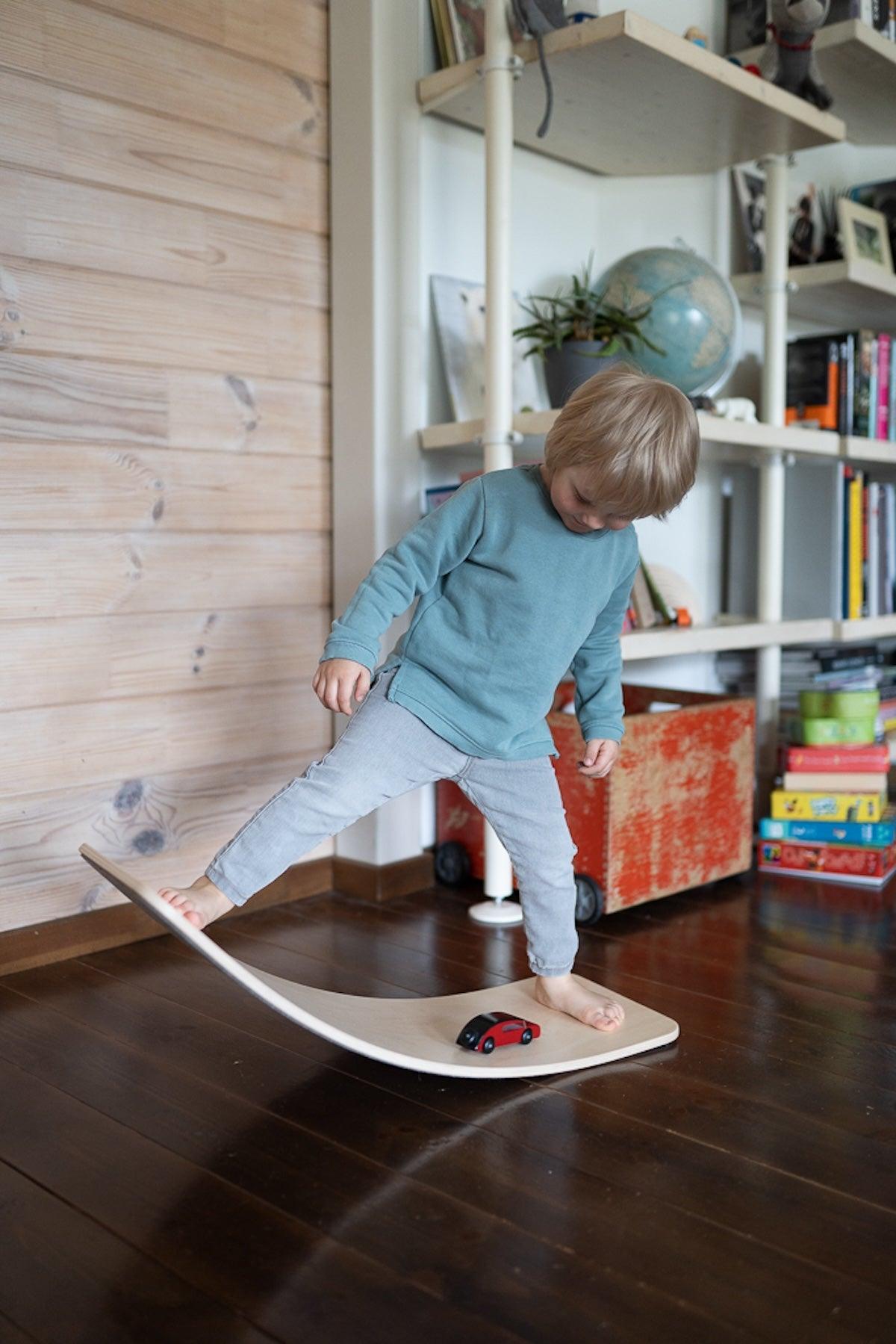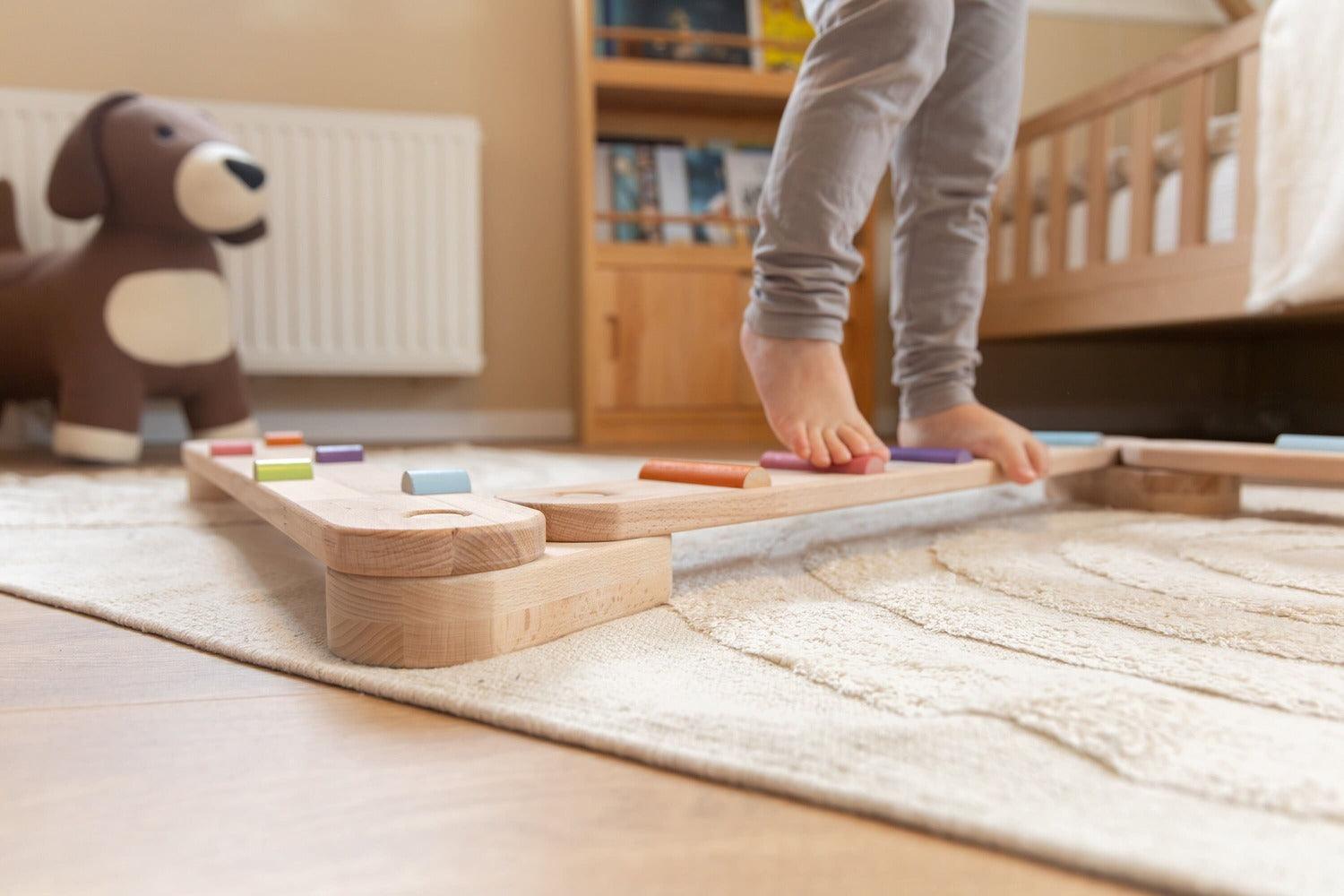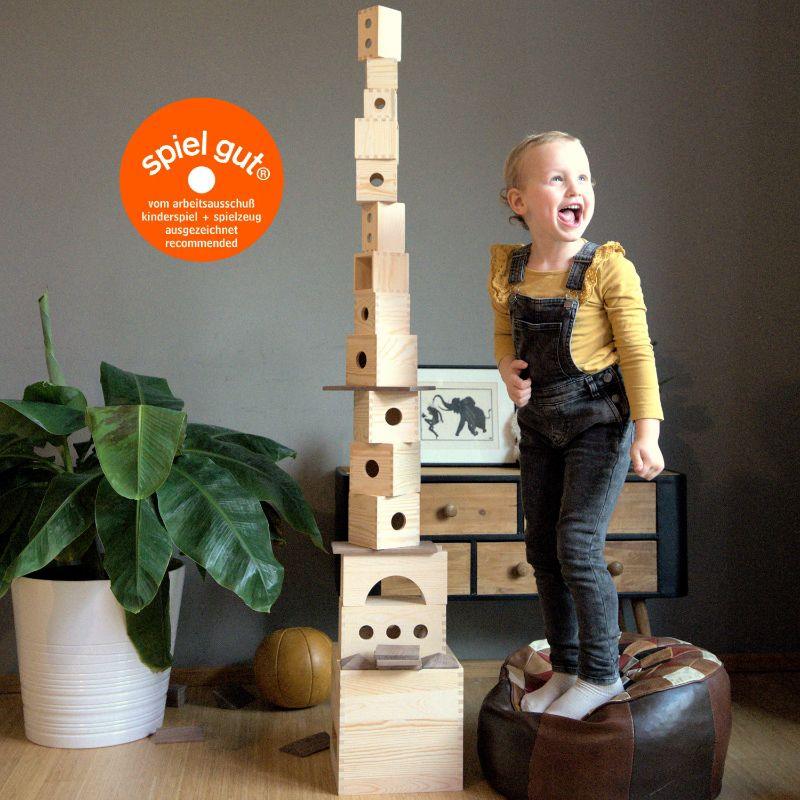
How babies learn to walk naturally
Children in motion
How children learn to walk without being led by the hands
Learning to walk independently is a significant milestone in a child's development. Parents who support their children in walking without holding hands not only promote their children's motor skills but also their overall health and independence.
The process of learning to walk without holding hands allows children to develop their balance skills naturally. By exploring their surroundings independently and planning their steps independently, they improve their coordination skills. This can lead to more agile movement in the long run, as the body learns to remain stable on uneven terrain or in new situations.
Studies suggest that children who learn to walk independently exhibit greater muscle development. Without parental support, they build natural muscle strength, particularly in the legs and core. This, in turn, can lead to improved posture and a reduced risk of postural problems.
Does my child need a walker?
Walkers are only suitable for children who can walk. Children between 13 and 21 months of age can do this in their own development. Children don't learn to walk by running after a rolling object, as they are at the mercy of the moving stroller and lack the ability to control its speed. This disrupts the natural learning process.
Stand up and let's go! Or maybe not?
Learning to walk is an exciting developmental step for toddlers, and parents play a crucial role. Here are some practical tips to help your toddler take their first steps safely and confidently:
- Create a safe environment: Remove sharp edges and obstacles to create a safe environment.
- Choose stable shoes: Invest in comfortable and well-fitting shoes that provide a stable base, or let your child walk barefoot as often as possible.
- Be patient: Be patient and encourage your child without putting pressure on them.
- Offer hands (only) for support: Let your child hold your hands if they feel more confident, but walking should not be learned by holding hands.
- Promote free play: Games in which the child can move freely support the development of motor skills.
- Praise and positive reinforcement: Celebrate every step forward and show enthusiasm to build the child's confidence.
- Let children interact with other children: Playing together with other children can enrich the learning process.
- Pay attention to feedback: Pay attention to your child’s needs and signals.
- Integrate balance training: Games that promote balance are helpful.
- Regular doctor visits: Scheduled doctor visits ensure that potential orthopedic concerns are identified early.
How your baby can learn to walk naturally
Make your home a moving place!
Share
